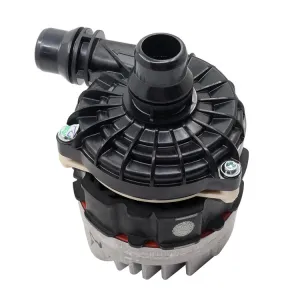On June 7, it was reported that Jiangsu Hengnuo New Materials Technology Co., Ltd. plans to invest in a new biodegradable polyester rubber material project with an annual output of 110,000 tons, and its environmental impact assessment has begun to be accepted and publicized. The products of this project will be widely used in many fields, including as toughening materials for PVC, treads for controllable degradable tires, degradable shoes, medical degradable bone wax, TPV products, toughening of PLA and plasticizing of PVC. It is even expected to be used in degradable chewing gum in industrial production.
According to Carbon Black Industry Network, this innovative project originated from the investment agreement signed between Jiangsu Hengnuo New Materials Technology Co., Ltd., a holding subsidiary of Henghui Security Company, and Jiangsu Rudong Yangkou Port Economic Development Zone in October 2023. The total investment of the project is expected to reach 1.08 billion yuan, and it is planned to be constructed in three phases with a total duration of 5 years. The core of the project is the first phase of the project, which is expected to form an annual production capacity of 10,000 tons and is expected to be completed between May 2024 and May 2025. After the entire project is completed, Hengnuo New Materials will have the ability to produce 110,000 tons of biodegradable polyester rubber new materials per year.
It is worth mentioning that the process technology used in this project is the first new rubber technology internationally pioneered by the scientific research team of the Advanced Elastomer Materials Research Center of Beijing University of Chemical Technology. This technology is led by Academician Zhang Liqun to synthesize a new type of rubber containing rich chain lactone bonds through condensation polymerization technology. This is not only an original synthetic rubber variety in China, but also used molecular structure design for the first time to successfully develop non-crystalline and cross-linked biological polyester rubber. Rubber materials solve the technical problem of continuous production of high molecular weight polyester rubber.
In terms of technical details, this process mainly uses bio-based raw materials such as succinic acid, sebacic acid, 1,4-butanediol, 1,3-propanediol and 1,4-butenediol, and under the action of proprietary catalysts and additives. Through continuous esterification and polycondensation processes, copolyester rubber containing unsaturated double bonds is produced.










